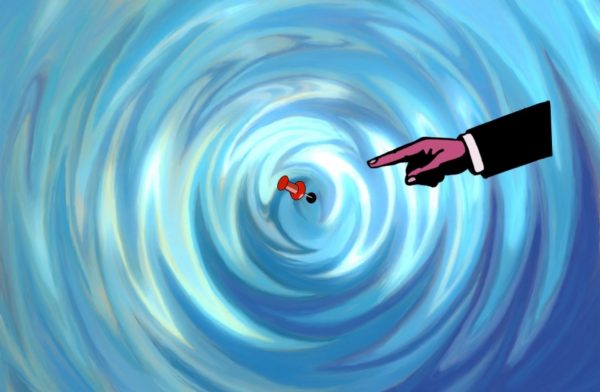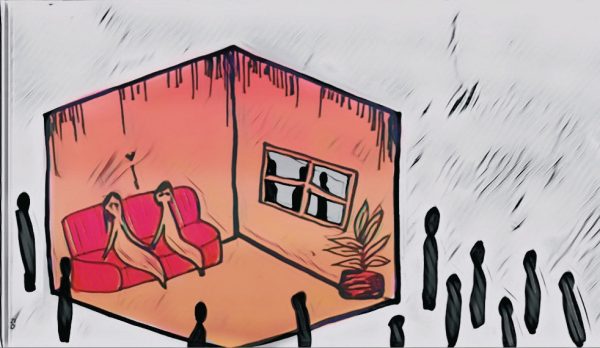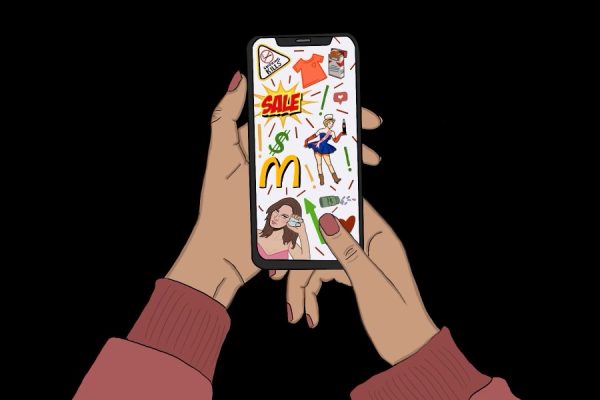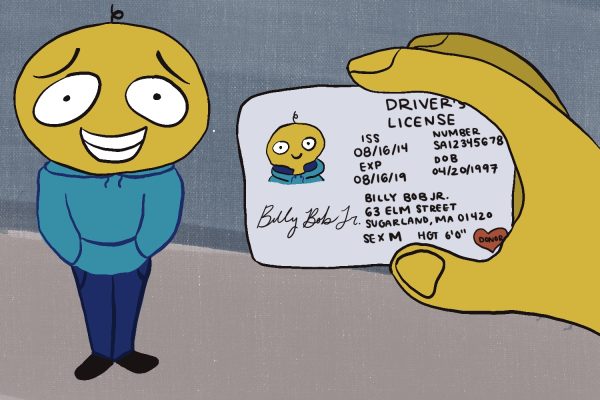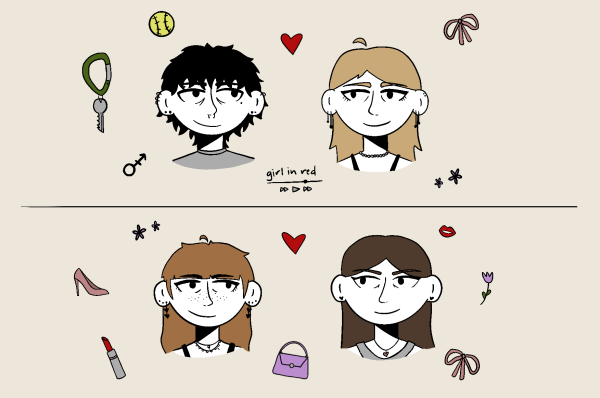The music marketed to kids isn’t as innocent as parents think
April 30, 2021
The most popular radio station in my region is KISS 108, “Boston’s #1 Hit Music Station.” Growing up, I was not allowed to listen to it.
My options were NPR, the classical music station, or my dad’s CD collection– mostly Dave Brubeck, Ray Charles, Springsteen, Billy Joel.
My parents didn’t like the idea of me listening to hip hop music– which I can appreciate. Hip hop can be vulgar, riddled with expletives and themes that are probably not appropriate for ten year olds to be listening to.
But then One Direction arrived on the scene with their slippery, suave lyrics and my parents were all in favor of me listening to popular music.
For some reason, boy bands and bubblegum pop artists are to be the poster children for the prepubescents of the world. I thought it made sense when I was younger:the lyrics were simple, the melodies were catchy, and the overall messages of the songs were easy to understand.
But now that I’m older, listening to the old songs that I used to blast on my iPod Shuffle, I am increasingly surprised that these lyrics were directed towards early teens.
The ripest example for picking is “What Makes You Beautiful” by One Direction. The overarching theme of the song is that the female subject of the song is so insecure about herself that she can hardly begin to understand what makes her beautiful.
Well, the overbearing British men are here to tell you that that very insecurity is in fact what makes you beautiful. It implies the fact that the only way for a girl to be attractive is for her to not know she is pretty, which creates rather toxic mental games for young women during the time when they need positive reassurance the most.
Taylor Swift, another attractive artist for young people, wrote an equally misogynistic song in her early years titled, “Better Than Revenge.” It attacks another woman for stealing Taylor’s man and being known for “what she does on the mattress,” serving as an early introduction to slut shaming and unnecessary female competition.
I guess my question is why do we steer children away from music we deem inappropriate– hip hop, rap, club pop– but then turn them towards music that doesn’t have swear words or explicit sexual references, but still manages to brainwash them with bad messages.
I don’t think the problem is the parents, or the kids. What media your child consumes should be a judgement call made by the family. The real problem lies in the music industry and record companies.
There’s a running joke amongst One Direction fans that 1D was less of a band and more of a brand. It’s obvious in the way that the band merchandise has not been revamped since 2011, and in the clear restrictions the band faced both creatively and socially.
They weren’t allowed to sing about sex, or drugs, or acknowledge the fact that they might participate in either activity. They were pigeon-holed into the arena pop-rock genre and were given little leeway to pursue other creative avenues.
As a result, the early One Direction songs can be divided into three categories: “You’re so gorgeous but you don’t know it, what a shame let me show you,” “Your boyfriend sucks and I want to have sex with you,” and “We’re teenagers, let’s be obnoxious about it.”
It makes for very simple lyrics and confusing subliminal messages for their audience.
And One Direction isn’t alone in their specified branding. The Jonas Brothers wore their purity rings well past the age where they might still believe in them. Fifth Harmony was forbidden from mentioning sex directly, which led to uncomfortable metaphors and a lot of reading in between the lines.
Half of me has to wonder if the reason Justin Beiber is so despised is because he was unable to act like the stand up citizen his young audience expected him to be.
I know 70s rock bands and 90s hip hop artists who have acted worse and no one is sending them to the executioner’s block.
The problem is that these bands are designed and marketed towards children, specifically young girls. Children are easy to make lots of money off of because for every child that attends a concert, you need an adult to get them inside the venue.
So even though only one of the pair is actually interested in the show, you’re still selling two tickets.
Boy bands are more attractive to young girls than single artists because there are more personalities in the group that will attract a larger and more varied audience.
If you’re a Jonas Brothers fan, you have a favorite brother. If you’re a ‘NSync fan, you have a favorite member. Regardless of whether you like the rest of the band, you’re still going to buy a concert ticket for that one member.
In a similar vein, teenage pop music –saccharinely sweet and convincingly benign–appeals to young girls because it tells them the things no one else is.
At an age when boys are at their most immature and obnoxious, it’s nice to listen to songs written by young men that remind us we are beautiful and worthy even when we feel the opposite.
So, if we know these bands are catering to a younger audience, why are we letting our children listen to music that tells them their insecurity is what makes them desirable, or that they’re going to have to compete against others for a shared love interest?
Are we so used to casual misogyny that we’re willing to let it slide?
It seems odd that we would crack down against songs that use the f-word or discuss drug use, but when One Direction is running around blasting “everybody wanna steal my girl, find another one ‘cause she belongs to me,” it’s fair game.
I guess we as a society need to decide which is more dangerous for the minds of our youth: the threat of drug abuse (which they are warned against in school anyways), swear words (which they’ll start using at one point or another, what’s delaying it really), or casual, everyday misogyny (for which there is no class or discussion or warning really.)
I don’t want to tell you how to parent, since coming from someone who pales at the thought of motherhood that would be very hypocritical. But as the music industry is already a poorly greased wheel that probably won’t ever be fixed, I feel the change should be made in households.
Let your kids listen to whatever you want, but don’t dissuade them from what you might consider inappropriate music.
The Rolling Stones’ music might be heavy with drug use, but show the kids a picture of Mick Jagger today and I guarantee they’ll never think twice about trying it. Megan the Stallion is a health class waiting to begin.
Just please don’t make them listen to Dave Brubeck and Debussy. It’s just not worth it.


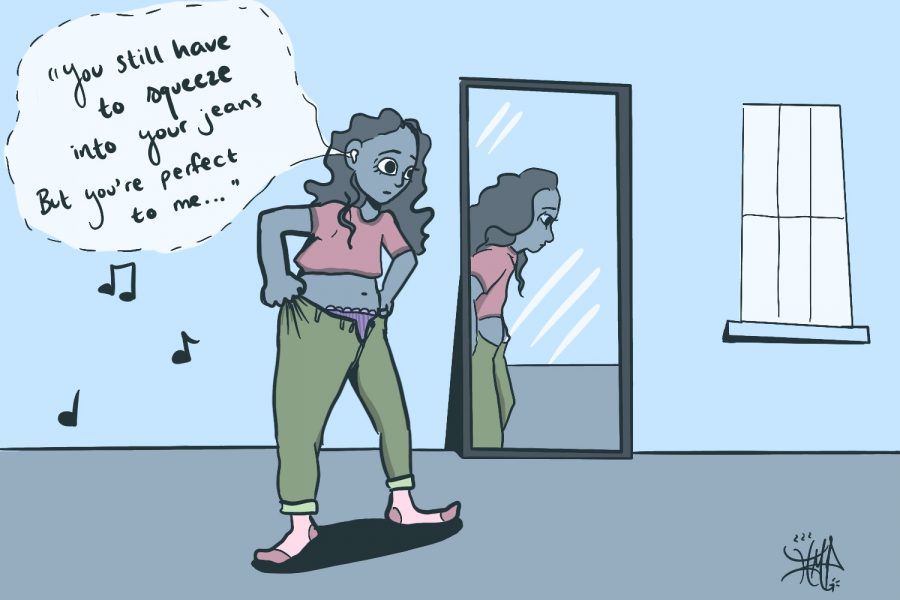






![Can’t buy me [self] love](https://vtcynic.com/wp-content/uploads/2024/04/self-care-FINAL-600x398.jpg)

